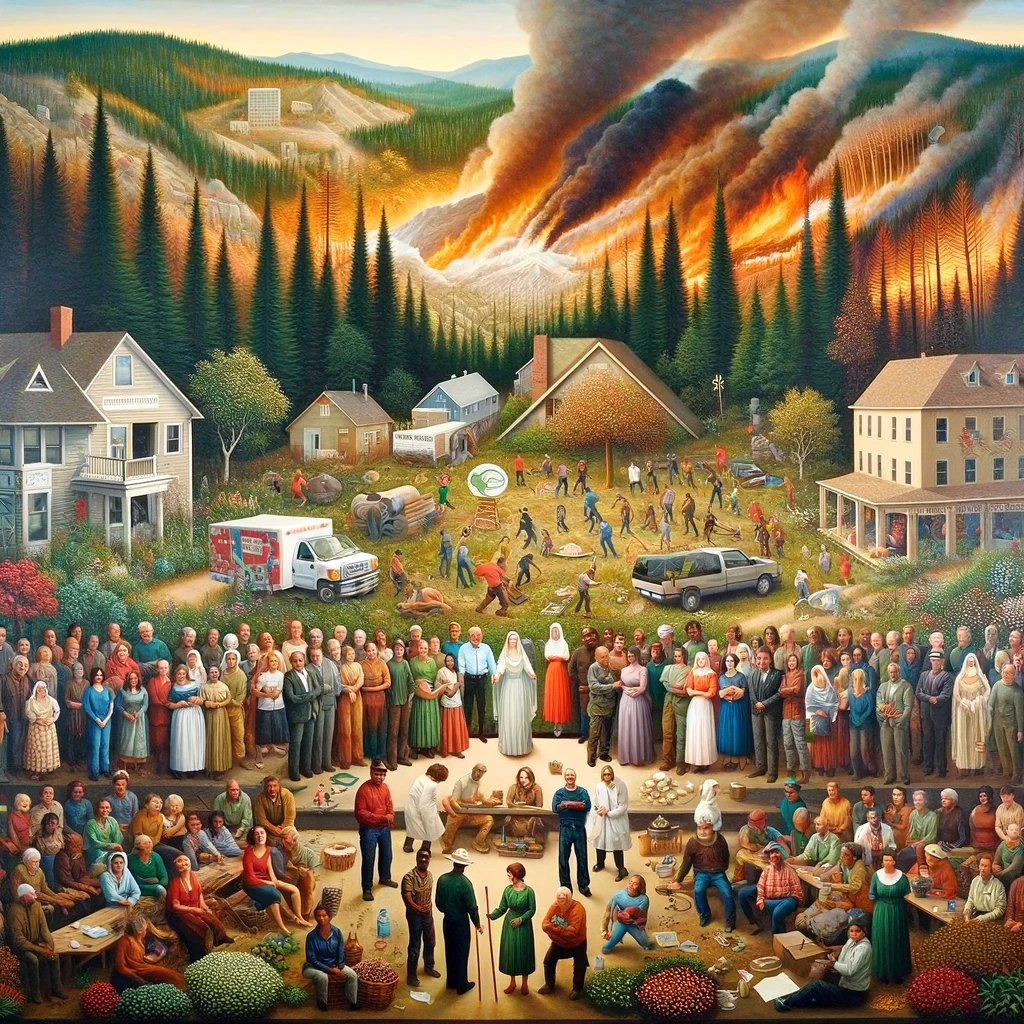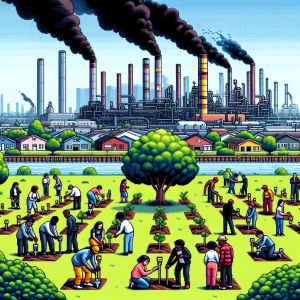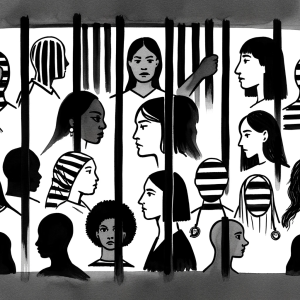
The Complexity of Wildfires and Environmental Justice
Recent years have witnessed a significant rise in both the frequency and severity of wildfires globally. These events are not just natural disasters affecting the environment but are increasingly recognized as critical socio-economic issues impacting communities, particularly those that are disadvantaged.
The article, “A burning issue: Reviewing the socio-demographic and environmental justice aspects of the wildfire literature,” offers a comprehensive review of the existing literature on wildfires through an environmental justice lens. It delves into the socio-demographic dimensions, homeowner mitigation, and the direct and indirect effects of wildfires on different communities.
Wildfires: More Than Just Flames
Wildfires are a complex issue impacting various aspects of life and the environment. The destruction is visible in burnt forests and homes, but the socioeconomic repercussions are profound and far-reaching. These include loss of property, adverse health impacts due to smoke inhalation, and long-term economic and social disruptions. The frequency of these events in wildland-urban interface (WUI) areas, often home to diverse socio-demographic groups, has necessitated a deeper understanding of their impacts from an environmental justice perspective.
The Environmental Justice Perspective
Environmental justice (EJ) is a framework that seeks to ensure fair treatment and involvement of all people regardless of race, color, national origin, or income concerning the development, implementation, and enforcement of environmental laws, regulations, and policies. The study uses this lens to analyze the literature, highlighting the need to consider the uneven impacts of wildfires on different communities, especially the disadvantaged or marginalized ones.
Key Findings from the Study
- Geographical Scope: Most studies focused on the United States, Canada, and Australia, highlighting a need for more global perspectives.
- Community Focus: A significant portion of the research centered around communities in WUI areas, showing an increasing trend of human settlements in high-risk fire zones.
- Environmental Justice Trend: The term ‘Environmental Justice’ started appearing more frequently in recent years, indicating a growing recognition of the need to address socio-demographic factors in wildfire research.
- Understudied Areas: Post-fire impacts, secondary effects like mudslides, and health impacts of smoke are areas needing more attention.
Implications for Everyday Life
Understanding the socio-demographic and environmental justice aspects of wildfires is crucial for several reasons:
- Community Preparedness: Knowledge of how different communities are affected helps in planning and implementing more effective response strategies.
- Policy Making: Insights can guide policies to ensure equitable resource distribution, especially post-disaster recovery efforts, and mitigation strategies.
- Health and Safety: Recognizing the health impacts of wildfires, especially due to smoke, can lead to better public health interventions.
Moving Forward: A Call for Inclusive and Comprehensive Approaches
The study underlines the importance of expanding the scope of wildfire literature to include a wider array of socio-demographic contexts and a more global perspective. It calls for more interdisciplinary research that combines environmental science, social science, and public health to address the complex and multifaceted nature of wildfires.
Conclusion
Wildfires are a global issue with local impacts, deeply intertwined with socio-economic and environmental justice concerns. The article “A burning issue: Reviewing the socio-demographic and environmental justice aspects of the wildfire literature” sheds light on the need for a more nuanced understanding of wildfires, emphasizing the socio-demographic dimensions and the principles of environmental justice. As we move forward, it’s crucial to integrate these insights into our policies and practices to not only manage wildfires more effectively but also ensure that no community is left behind in the aftermath of these devastating events.
Nurture Your Scientific Curiosity
“Feed your curiosity with ‘This Week in Science’! Our newsletter is a weekly feast of the latest scientific research and inspiring discoveries, perfectly seasoned for educators and avid learners. By subscribing, you tap into a rich source of knowledge that enhances your teaching and learning journey. There’s no charge to subscribe – just a world of science waiting to be explored. Start your journey today!



